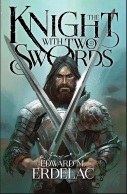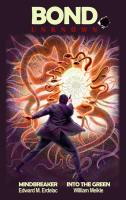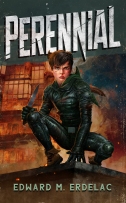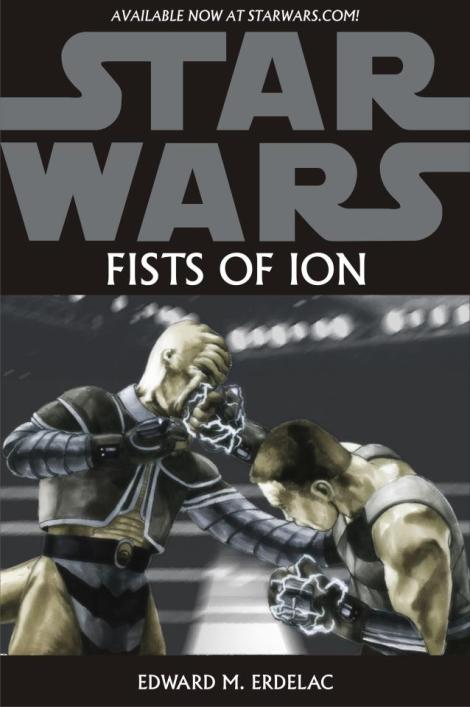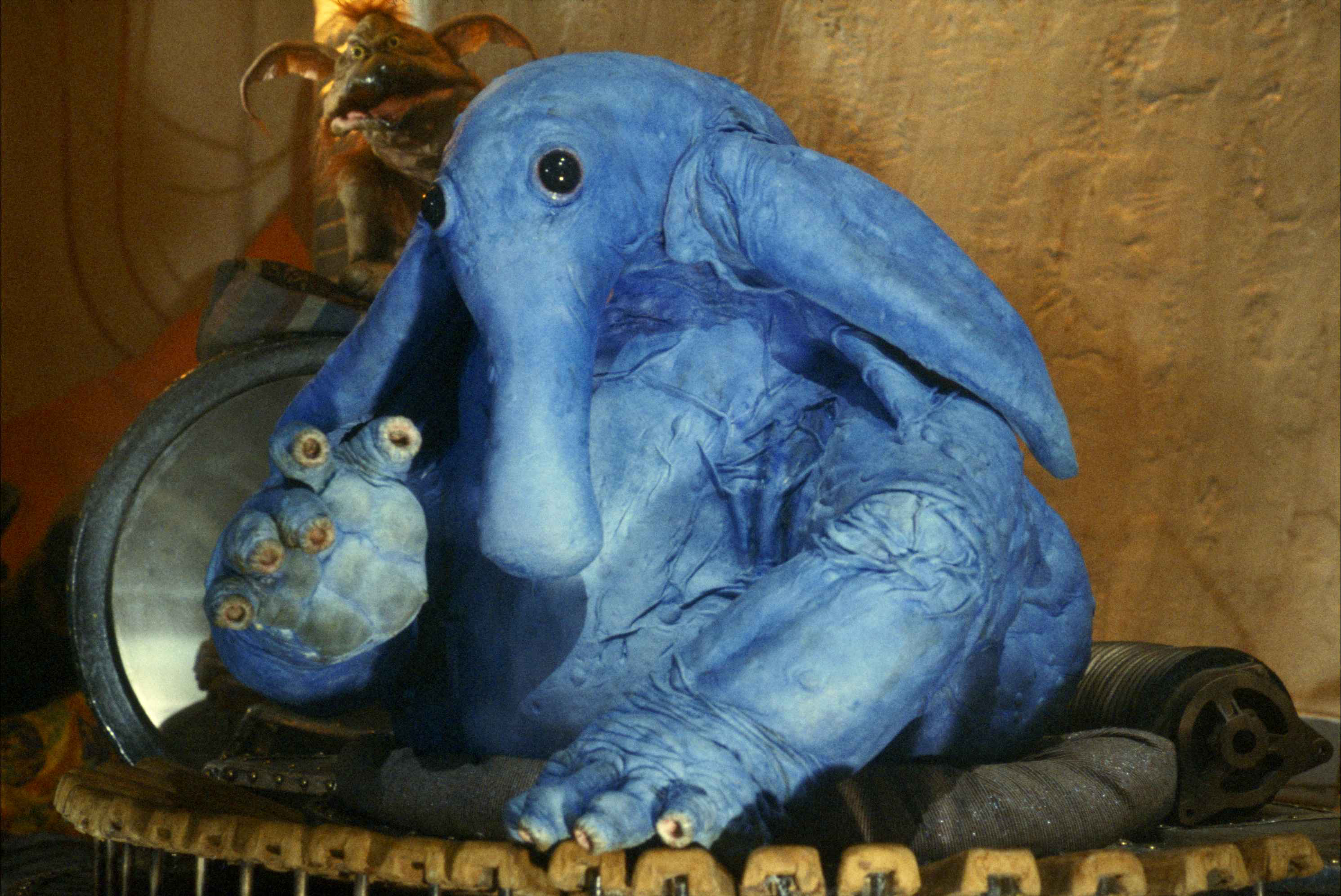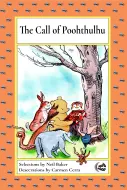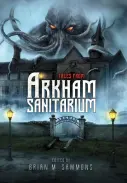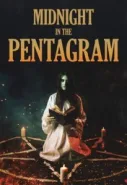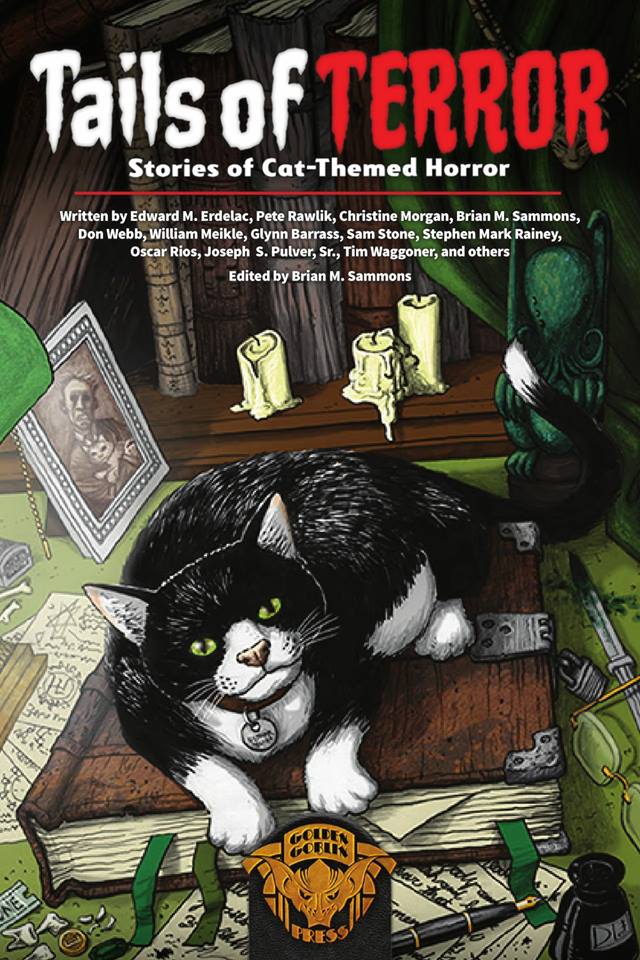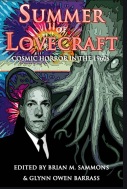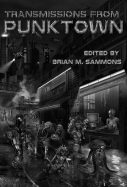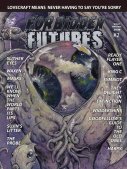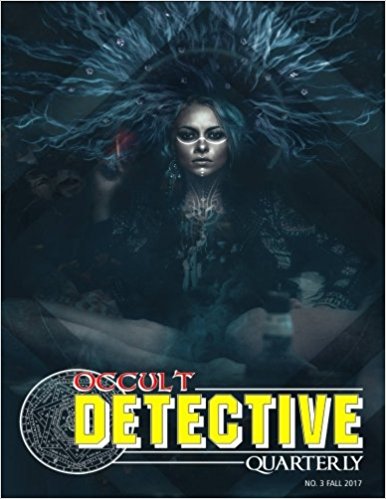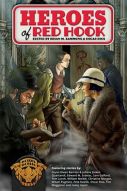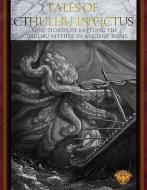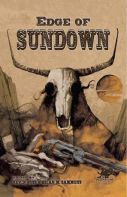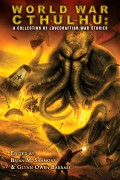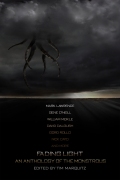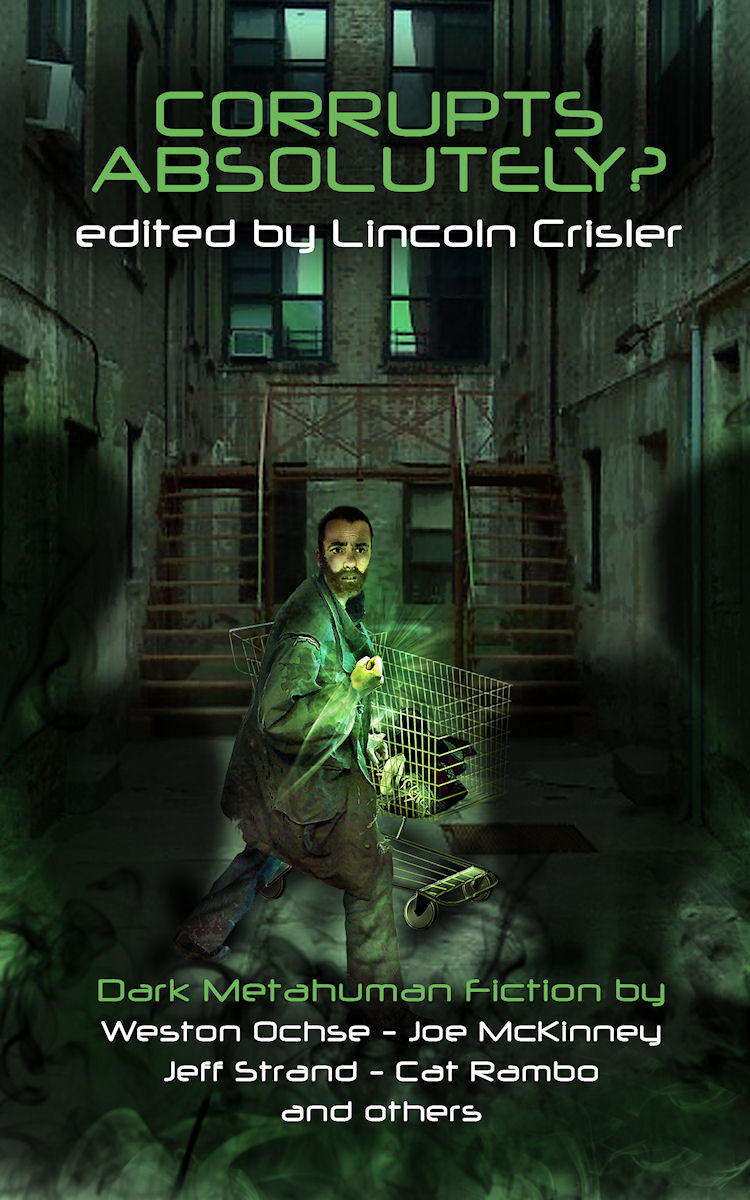1983-1995 (the Copper Age) was the height of my comic book collecting, and a great time to discover the medium. Starting with Larry Hama’s GI JOE: A REAL AMERICAN HERO for Marvel and gradually segueing into TRANSFORMERS and GROO THE WANDERER, I started frequenting comic shops and began to pick up anything that caught my eye. The mid 80’s saw the release, in rapid succession, of Frank Miller’s WOLVERINE (with Chris Claremont), THE DARK KNIGHT RETURNS, Alan Moore’s V FOR VENDETTA, WATCHMEN, and THE KILLING JOKE, and other positively seminal works in the field.
But I don’t wanna talk about them. I’m by no means a scholar or expert. I got out of comics for the most part when I started college, only popping in now and then since to pick up the occasional trade collection. All those books have been written up and dissected by far more qualified people than me, and you can look them up anywhere on the internet.
I’ve decided I’d like to revisit comics I’ve kept in the long white boxes in the back of my closet, titles that for whatever reason may not have been the most popular, and indeed, were likely forgotten for the most part, or mostly went underappreciated. I don’t know that I’m talking about rarities, or anything. I wasn’t really an underground comics guy. I’m talking more about mainstream gold that for whatever reason floated off down the creek. Stuff like Andy Helfer’s SHADOW, MARSHAL LAW, Steve Gerber’s FOOLKILLER miniseries from the 90’s, John Wagner’s BUTTON MAN, and Evan Dorkin’s MILK AND CHEESE. Here’s a list of everything I’ve covered so far.
 Today I wanna draw attention to Garth Ennis and Killian Plunkett’s four-issue miniseries UNKNOWN SOLDIER from DC/Vertigo in 1991.
Today I wanna draw attention to Garth Ennis and Killian Plunkett’s four-issue miniseries UNKNOWN SOLDIER from DC/Vertigo in 1991.
I have never read the original incarnation of the Unknown Soldier comic. The only time I remember ever seeing the character was in ads on the back of THE SHADOW in the 80’s and interspersed in the pages of an issue of GI COMBAT or maybe MEN OF WAR or WEIRD WAR TALES. I actually thought he was a part of Sgt. Rock’s squad or something. The only thing I ever knew about him was that he was in GI fatigues and his face was swaddled in mummy-like bandages. He was supposed to be some kind of battle-scarred master of disguise.

 Having never read the original series I have no idea if there’s a level to Ennis’ miniseries I’m missing. Are the various elderly characters mentioned and depicted (like the General, or the Soldier’s handler, Boothe) recurring characters from the first run? The series is pretty self-contained and each of the characters backstories are succinctly told, so I don’t know. It doesn’t suffer in the reading from a lack of acquaintance with the Unknown Soldier’s previous adventures.
Having never read the original series I have no idea if there’s a level to Ennis’ miniseries I’m missing. Are the various elderly characters mentioned and depicted (like the General, or the Soldier’s handler, Boothe) recurring characters from the first run? The series is pretty self-contained and each of the characters backstories are succinctly told, so I don’t know. It doesn’t suffer in the reading from a lack of acquaintance with the Unknown Soldier’s previous adventures.
 I think what induced me to pick up the series were Tim Bradstreet’s full color covers. I became aware of Bradstreet during my Vampire The Masquerade days, when he did a series of stark and devilishly good illustrations for White Wolf. I met Bradstreet once when I was in high school at my local comic shop and still have the quick little profile sketch he did in the cover of one of my RPG books.
I think what induced me to pick up the series were Tim Bradstreet’s full color covers. I became aware of Bradstreet during my Vampire The Masquerade days, when he did a series of stark and devilishly good illustrations for White Wolf. I met Bradstreet once when I was in high school at my local comic shop and still have the quick little profile sketch he did in the cover of one of my RPG books.
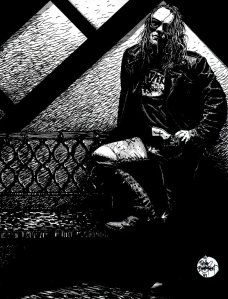 Ennis, I was familiar with from Preacher, of course, a series for another time on this blog.
Ennis, I was familiar with from Preacher, of course, a series for another time on this blog.
The story opens with the debriefing of a CIA black operative, Agent Clyde, being reprimanded by his superiors for refusing to liquidate two ten year old Latin American witnesses to a company-led Green Beret assassination. Clyde explains not killing the kids, deflecting every interrogative with cold reasoning. The American team was heavily disguised, and never spoke a word. But he finishes up with an ill-advised (considering his profession) moral jab that if part of his mission parameters included the murder of innocent children, his superiors should have made that clearer in the mission briefing. Exiting his reprimand, his shadowy handlers curse him and make the decision on the spot that he’s not cut out for black ops work.
An unspecified amount of time later, Agent Clyde is driving a desk in an office environment full of noncombatants, among which he is something of a pariah for his boy scout demeanor and nose to the grind stone super patriot work ethic. It seems Clyde, in the midst of a mundane investigation into something called California First, returns from a meeting and boots up his computer to find a name has been added to his list of POI’s (which is mostly populated by thinly disguised Simpsons characters – Lionel J. Hotz, Ken Bruckman, Seymour Skinner, Robert Terwilliger), Joshua Markewicz. Interdepartmental inquiries as to why Joshua’s name has appeared on his list hit a brick wall, so Clyde heads out to interview the new guy, finding, to his bewilderment, a very old guy, languishing in a retirement home, suffering from Alzheimer’s.
 Clyde soon figures out that Joshua has never had any knowledge of the tax dodging group he’s been tied to, but admits that this is the second CIA agent to question him in the past year, not about California First, but about The Soldier. He then proceeds to relate the same story to Clyde, about how as a young grunt during the liberation of Dachau concentration camp, he witnessed the arrival of a soldier with a bandaged face riding with three high ranking officers. This Soldier becomes enraged at the sight of a mass grave of dessicated Jewish corpses and raves that ‘If this is what our enemies do – if this is what America must fight – then we are ALWAYS right! And anything we do IS RIGHT!” as he grabs Joshua’s machinegun and proceeds to gun down the captured German camp guards. One of the generals orders a radio man to call command and tell them that Codename Unknown Soldier has ‘totally fucking lost it’ and then proceeds to rifle butt the maddened mystery man into unconsciousness.
Clyde soon figures out that Joshua has never had any knowledge of the tax dodging group he’s been tied to, but admits that this is the second CIA agent to question him in the past year, not about California First, but about The Soldier. He then proceeds to relate the same story to Clyde, about how as a young grunt during the liberation of Dachau concentration camp, he witnessed the arrival of a soldier with a bandaged face riding with three high ranking officers. This Soldier becomes enraged at the sight of a mass grave of dessicated Jewish corpses and raves that ‘If this is what our enemies do – if this is what America must fight – then we are ALWAYS right! And anything we do IS RIGHT!” as he grabs Joshua’s machinegun and proceeds to gun down the captured German camp guards. One of the generals orders a radio man to call command and tell them that Codename Unknown Soldier has ‘totally fucking lost it’ and then proceeds to rifle butt the maddened mystery man into unconsciousness.
Clyde returns to the office perplexed. A database search for Unknown Soldier draws a blank but earns him an immediate phone call from his superior, asking him what he’s doing on the computer and ordering him back to work.
In a seedy apartment whose furnishings consist mainly of guns, ammo, and a fax machine, an unbalanced young woman named Screwball aims out her window with a high powered sniper rifle at various passersby apparently out of sheer boredom until a call comes through telling her to silence Joshua Markewicz and ‘put the frighteners’ on Agent Clyde.
In Clyde’s apartment, he receives an unexpected visit from one of his coworkers, a female agent named Wallace with whom he’s up to now shared a mild flirtations. No dark ulterior motives here. Wallace shows up just to invite Clyde to a coworker’s party. Clyde offers her a cup of coffee by way of assent. While brewing up the joe he hears via news report that the retirement home he just visited that afternoon has partially burned, claiming Joshua Markewicz. Wallace comes into the kitchen at the same moment that a bullet comes through the kitchen window and shatters Clyde’s coffee cup, killing Wallace.
 Screwball is taken to task by her handler for accidentally killing Wallace, and put on Clyde’s trail, which begins in earnest when he finds three more names mysteriously added to his investigation list. The bulk of the story is then Clyde finding and interviewing the people on his list, hearing their reminisces of brief encounters with the Unknown Soldier (he instigates civil war in Iran, disguises himself as General Westmoreland in order to force a Green Beret unit to massacre a group of Cambodian civilians, and, after destroying a Sandinista hospital, almost singlehandedly fights off fifty guerrilla fighters deep in the jungles of Nicaragua). Typically, soon after the interviews, the witnesses wind up dead at the hands of Screwball.
Screwball is taken to task by her handler for accidentally killing Wallace, and put on Clyde’s trail, which begins in earnest when he finds three more names mysteriously added to his investigation list. The bulk of the story is then Clyde finding and interviewing the people on his list, hearing their reminisces of brief encounters with the Unknown Soldier (he instigates civil war in Iran, disguises himself as General Westmoreland in order to force a Green Beret unit to massacre a group of Cambodian civilians, and, after destroying a Sandinista hospital, almost singlehandedly fights off fifty guerrilla fighters deep in the jungles of Nicaragua). Typically, soon after the interviews, the witnesses wind up dead at the hands of Screwball.
As Clyde’s journey progresses, Ennis takes a page from Preacher and has him imagining conversations with an idealized spectre of the murdered Wallace, which becomes a device for bringing Clyde’s internalized thinking to the fore, yet also reinforces his naivety/humanity. For an espionage agent, Clyde is more Captain America than Unknown Soldier, decrying the dark deeds of his peers and finally the Soldier himself. When Screwball fails to kill Clyde, a backup wetworks team bursts in to finish the job, and Clyde finds himself on the run with Screwball, tracing the Soldier all the way to his personal handler in the CIA, Boothe, the same guy who put Screwball onto Clyde.
As humanistic and questioning as Clyde is, Screwball is sociopathic and unquestioning of her orders, until they personally contradict her own well-being. She has no compunctions about murdering Boothe’s butler and later his entire family in their sleep. Boothe provides a tantalizingly brief but satisfactory origin story for her. She cut her own parents’ throats at the age of eight and was recruited by the agency, who thought she’d be perfect for wetworks. “They were right,” he observes.
In a way, I guess Screwball and Clyde are two facets of the ‘perfect’ American operative. Clyde is the clean-cut, hardworking, idealistic American boy, blonde haired and blue-eyed – the guy the public likes to think of as the defender of democracy. Screwball is the unquestioning, violent ‘dark side’ of the espionage game, and a counterpoint to Clyde. She’s dark haired (and short cut, the antithesis of the typical moralistic female archetype) and a woman, crude spoken and punk rock-y.
Of course neither of them have anything on the Unknown Soldier himself, when they finally meet.
Desperate to learn more, Clyde (in, I admit, a bit of a leap in logic for plot’s sake) decides to disinter his predecessor in the quest for the Solider, Agent Anderson, hoping against hope that Anderson left something on his body that could help. While Clyde is digging in the rain and having a debate with Wallace in his imagination, The Soldier dispatches the uber-competent Screwball without a fight, proving himself every bit the apex predator he has been made out to be.
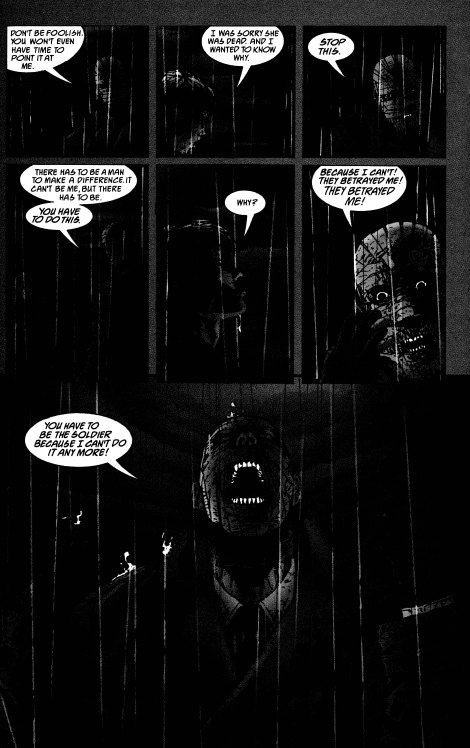 The Soldier then confronts Clyde in the rainy grave of Anderson, revealing it was him that added all the names on Clyde’s list, without Boothe’s knowledge, because he wanted Clyde to learn about him, and understand him, and finally, to replace him.
The Soldier then confronts Clyde in the rainy grave of Anderson, revealing it was him that added all the names on Clyde’s list, without Boothe’s knowledge, because he wanted Clyde to learn about him, and understand him, and finally, to replace him.
Because after fifty years of doing his duty like Screwball, without question, the Soldier can’t do it anymore.
And his reason is Project Winterthor.
The General, the same one present at Dachau during the Soldier’s epiphany, called the Soldier to his deathbed to make what amounts to a final confession. He describes a secret meeting in 1945 between himself, a CIA agent, and a cadre of top Nazi officials. Hearkening to Operation Paperclip, the Nazis regale the Americans with evidence of their technological breakthroughs, which are lacking only America’s nearly unlimited resources to proceed into the practical application stage. They promise to put a man on the moon by 1949. Their only request is safe and secret extradition to South America where they will continue their work under American supervision, along with Adolph Hitler himself.
The Americans agree to terms.
So the United States agrees to fund the survival of the Third Reich in exchange for technological advances, not even cutting England in on the deal, which leads to the unexpected death of the German would-be conspirators when an uninformed, routine RAF patrol shoots them down over the Swiss-German border.
But this becomes the Unknown Soldier’s second epiphany. He smothers his former commanding officer to death in his hospital bed, enraged by what he takes as personal betrayal of his ongoing mission. It all began with hatred for the Nazis as the ultimate evil in the world, and Hitler as its beastly architect, and the government’s willingness to deal with that ultimate evil, for the Soldier, invalidates his justifications for every evil he has committed in America’s name since.
THE SOLDIER: A lifetime spent groping in the guts of horror, in it up to my elbows, committing atrocity to order. And five years ago, discovering Winterthor, knowing at last that the regime that gave me those orders was….tainted.
Winterthor is the reason the Soldier kills his first choice, Agent Anderson, believing the knowledge of the failed conspiracy will dishearten Anderson as it did him. Yet he can no longer afford to keep the history ‘clean’ with Clyde.
THE SOLDIER: The need remains for the one man who can make a difference. The war that I spoke of continues even now. The enemeny has not left us. America’s obligation to do what is right does not end because her masters flirt with devils. There must be someone to accept that obligation. To hold it as a clean, untarnished truth. There must be a soldier….
 In a way, Clyde and Screwball are the two extreme halves of the Soldier himself. The Soldier is motivated by duty and a real human outrage at the extreme inhumanity of the Nazis, whom he lumps in with all the enemies of America itself. In the Soldier’s simplistic worldview, if he is outraged, and he is American, than the ideals of America are good, and if the enemies of America are capable of such horror, than all who oppose America must be evil. All actions against evil then, must be justified. But in this, he becomes Screwball. Violent and sociopathic, incapable of making his own moral decisions if they contrast with the will of his superiors.
In a way, Clyde and Screwball are the two extreme halves of the Soldier himself. The Soldier is motivated by duty and a real human outrage at the extreme inhumanity of the Nazis, whom he lumps in with all the enemies of America itself. In the Soldier’s simplistic worldview, if he is outraged, and he is American, than the ideals of America are good, and if the enemies of America are capable of such horror, than all who oppose America must be evil. All actions against evil then, must be justified. But in this, he becomes Screwball. Violent and sociopathic, incapable of making his own moral decisions if they contrast with the will of his superiors.
He totally misunderstands Clyde because while Clyde is a patriotic America soldier and proven assassin, he tellingly defies his superiors’ immoral order in the opening scene. He can still choose between good and evil without relying solely on the paradigm of nationhood to define his morality.
The Soldier is baffled when he lays what to him, is a logical destiny for Clyde at the agent’s feet, and Clyde chooses to utterly reject it, speaking fondly of Wallace and the promise of a woman’s smile, the notion that there are good things in the world.
CLYDE: You justify regimes every bit as bad as the ones you fight against. You want me to do your work even though you no longer believe in it yourself. You would have concealed your loss of faith in what you fight for, and you expect me to carry on as if I’d never learned the truth. Well sir, you are NOT an American soldier. I deny your legacy. I will not let you wash the blood off your hands onto mine.
And with that, Clyde takes out his pistol and shoots himself.
In this, Clyde teaches the Soldier a lesson which in the final panels, leaning on the flag atop the tomb of the unknown soldier in Arlington, he acknowledges.
Clyde is the true American, unsullied by the dark machinations of politicians and the fog of fanaticism.
 What’s brilliant to me about this miniseries is that it hardly features the title character until the last issue, and by that time his reputation has been built up so much that you’re sort of champing at the bit to finally meet him. Ennis effectively ratchets up suspense and stakes without ever showing you the object of everybody’s obsession, using only original characters. It’s sort of like a story I once heard Ricardo Montalban tell, about how he was dubious about appearing in Wrath of Khan until he read the script and realized that despite his comparatively meager amount of screen time, every time Khan wasn’t center stage, every other character was talking about him.
What’s brilliant to me about this miniseries is that it hardly features the title character until the last issue, and by that time his reputation has been built up so much that you’re sort of champing at the bit to finally meet him. Ennis effectively ratchets up suspense and stakes without ever showing you the object of everybody’s obsession, using only original characters. It’s sort of like a story I once heard Ricardo Montalban tell, about how he was dubious about appearing in Wrath of Khan until he read the script and realized that despite his comparatively meager amount of screen time, every time Khan wasn’t center stage, every other character was talking about him.
It’s in effect, a cold war style mystery thriller, with one unfairly marked man pursuing a line of inquiry for the sake of truth to his own detriment and against the will of unsavory, conspiratorial forces all around him.
The series’ titular character reminds me a bit of a dark Captain America. Consider this, in my favorite bit of dialogue, when Boothe describes the Unknown Soldier –
CLYDE: What is he? Some kind of superhuman assassin?
BOOTHE: No. He’s seventy-five years old, Agent Clyde. He’s in ULTIMATE human condition. He’s been up to his neck in the bloodiest, darkest, most shameful corners of US foreign policy since 1942….but he’s just a man.
It sounds like a description of Cap, doesn’t it? And in a way, this whole conspiracy thriller reminds me of the recent Winter Soldier movie (or rather, Winter Soldier reminded me a bit of this).
 Killian Plunkett’s art is gritty and wonderfully textured, with the almost lost art of inking showcased perfectly. Every wrinkle of clothing, every strand of hair, every slash of rain is vividly realized. I’d love to see the original black and whites, but I also have to praise colorist James Sinclair’s choices, especially in the ultimate episode, which takes place within a limited palette due to the rainy setting.
Killian Plunkett’s art is gritty and wonderfully textured, with the almost lost art of inking showcased perfectly. Every wrinkle of clothing, every strand of hair, every slash of rain is vividly realized. I’d love to see the original black and whites, but I also have to praise colorist James Sinclair’s choices, especially in the ultimate episode, which takes place within a limited palette due to the rainy setting.
The series is collected in trade paperback and listed as (New Edition). No idea what that means, or there’s anything added to it, but I recommend checking it out. In this current climate where nationalism and patriotism are used as tools to not only exploit and distract the poor and oppressed, but to justify all levels of horrendous acts and behavior, I believe this one still has something relevant to say.







